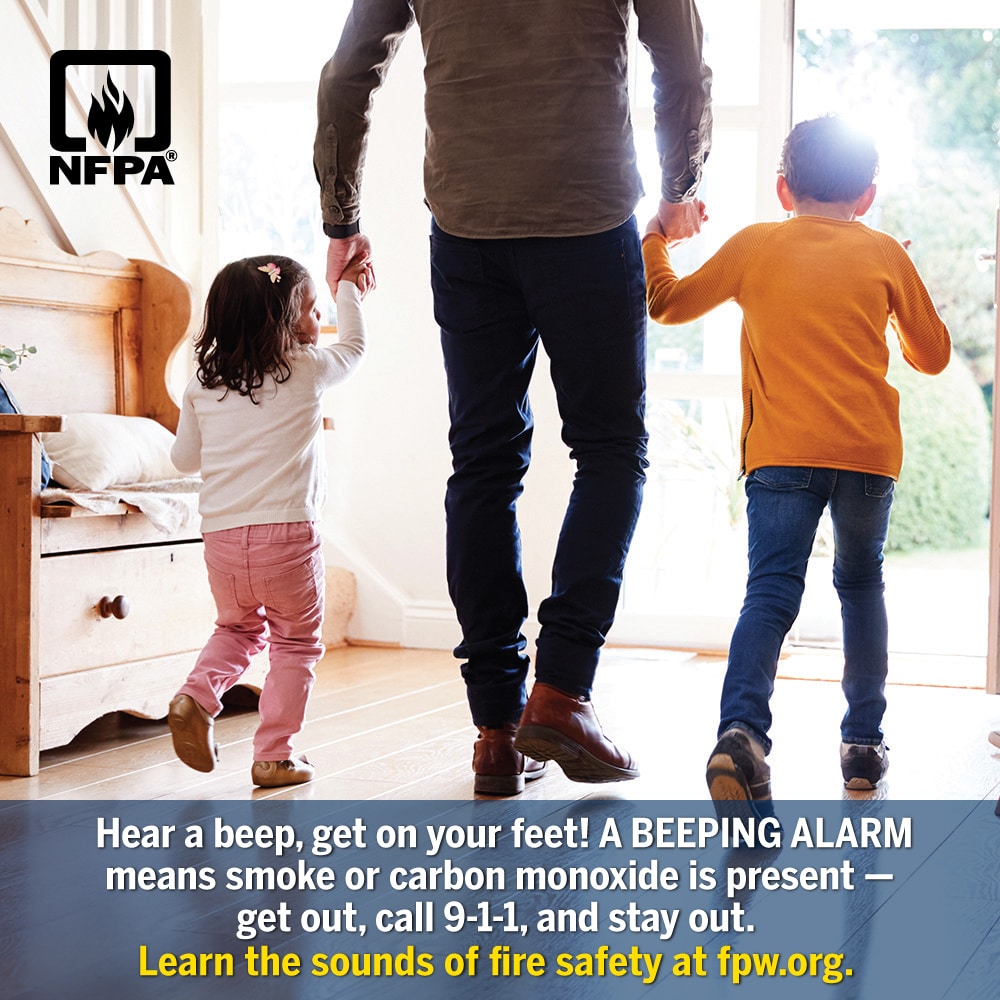With much of the United States in an ongoing drought and no end in sight for water scarcity in The West, fire hazards are becoming more than a seasonal problem. Some say climate change is altering the atmosphere, some just need a friendly reminder to check and prepare their residences and communities for the ongoing threat of a fire hazard. Read on to see what you need to know as a homeowner about avoiding fires.
What Insurance Covers
Your insurance probably already covers fire as a hazard in general, but you might want, or need, additional coverage. Generally, homeowners insurance covers fire and smoke damage to homes and property. But have you considered things like liability if a fire begins at your home and spreads therefore damaging neighboring homes? If you live in an area prone to ongoing damage from wildfires, having additional coverage can be necessary and beneficial when you are hoping for peace of mind.
How to Minimize Risk
October 3-9, 2021 is National Fire Prevention Week. For basic fire prevention, there are a few vital things that are simple to do. Check your fire detectors and check if they need new batteries. Ideally, your batteries get changed twice yearly (setting repeating calendar options for Easter and Thanksgiving are good choices). Home materials also matter if you’re considering renovations or upgrades. Metal roofing has a Class A fire rating, making it a great choice for those with safety in mind. Stone or brick housing is also less likely to be destroyed when compared to frame construction.

Have a Plan
It’s always good to have discussions about fires with your roommates and family members, so that you have a cohesive plan. This might include talking about how to put out accidental grease fires in the kitchen, how to work a fire extinguisher, and how to have two routes of exit in case of danger. Children should know where your meet up point is going to be, so that everyone in the family knows to have one location where to count heads and make sure they are safe. These might seem like scary discussions for small people, but everybody feels safer if they know how to think ahead.
Simple steps like having a fire extinguisher in the kitchen and laundry room, cleaning dryer lint, and having a safety plan for household fires can bring a great deal of peace of mind. For larger fires, there is information at your local Department of Forestry which can help you prepare your land in case of emergency. Harris Insurance wants you to be as prepared as possible! Please check out these invaluable resources and contact us for your insurance review today.
Read this next: What Affects the Value of Florida Homeowners Insurance?
LEGAL DISCLAIMER
Views expressed here do not constitute legal advice. The information contained herein is for general guidance of matter only and not for the purpose of providing legal advice. Discussion of insurance policy language is descriptive only. Every policy has different policy language. Coverage afforded under any insurance policy issued is subject to individual policy terms and conditions. Please refer to your policy for the actual language.




